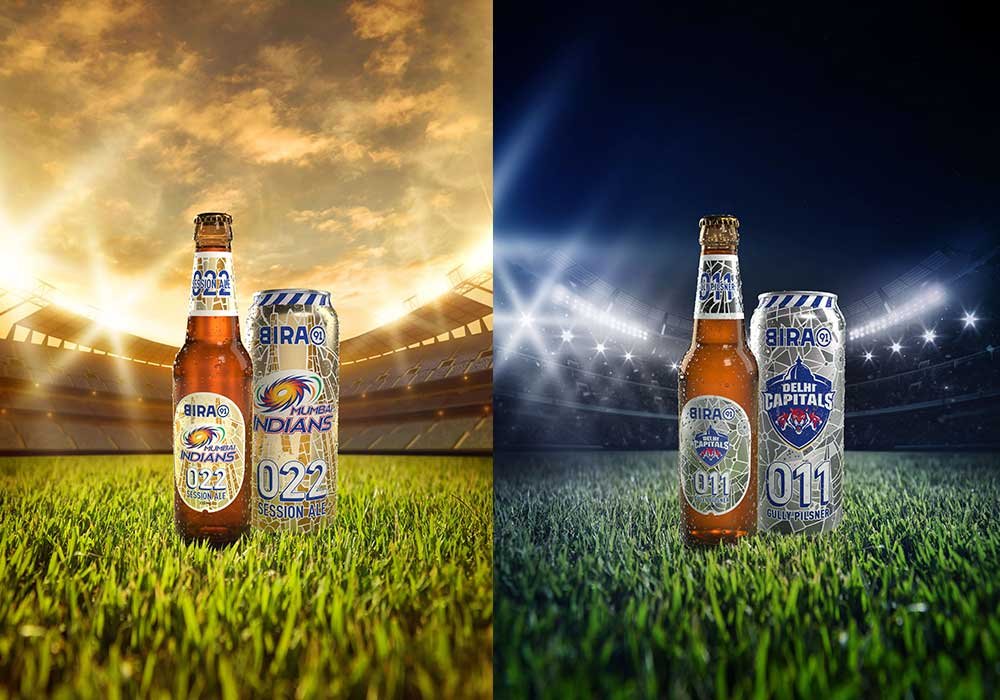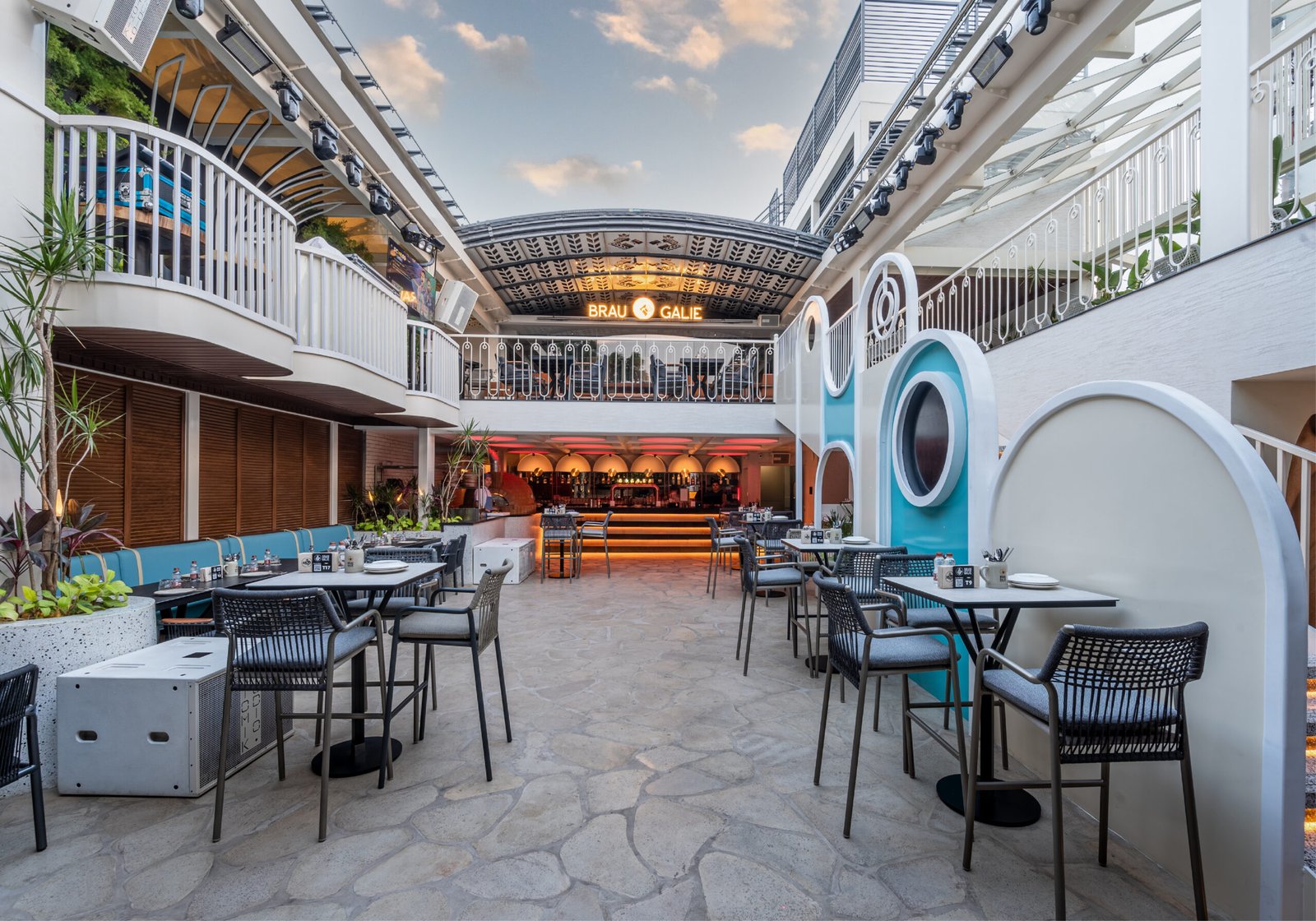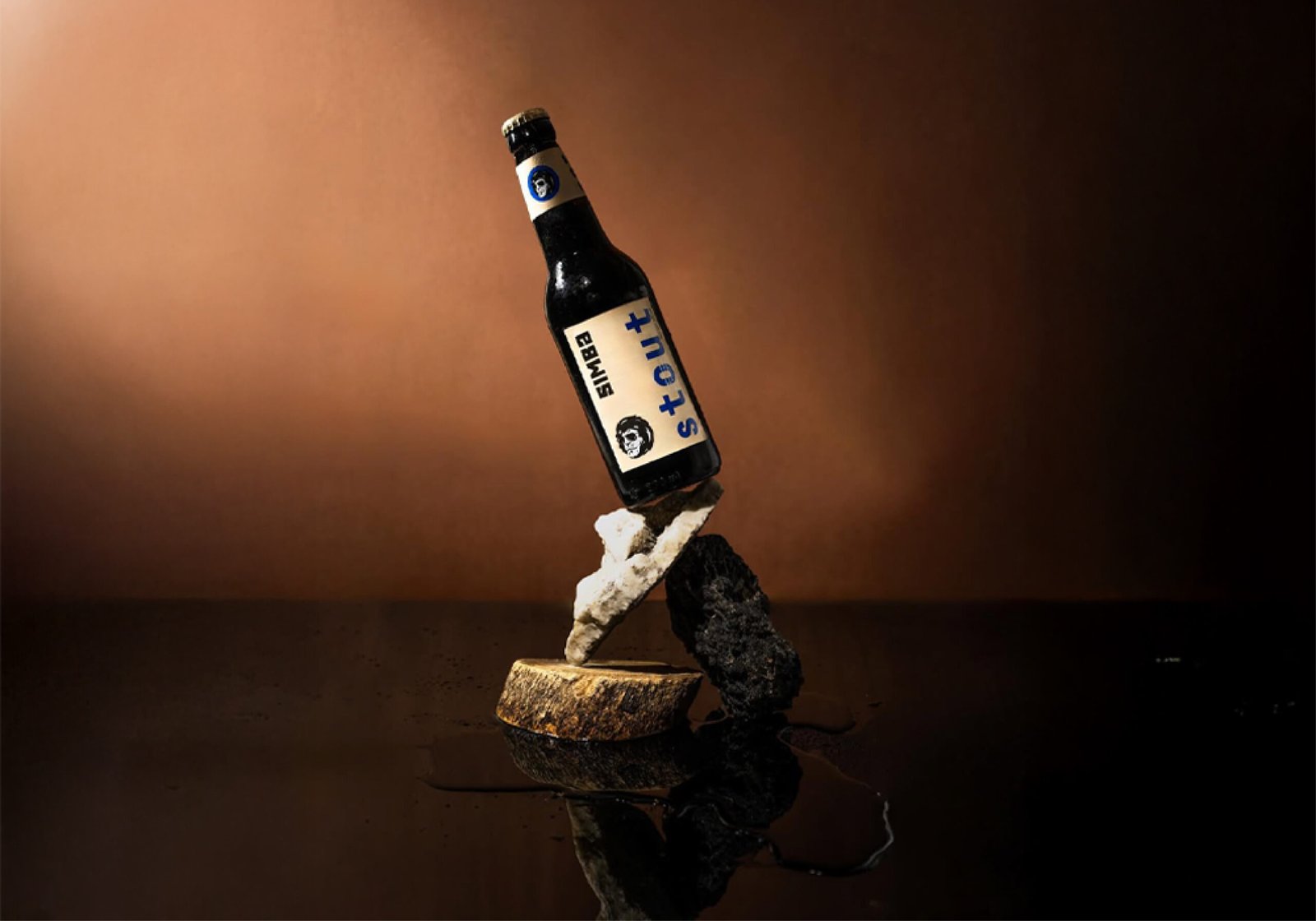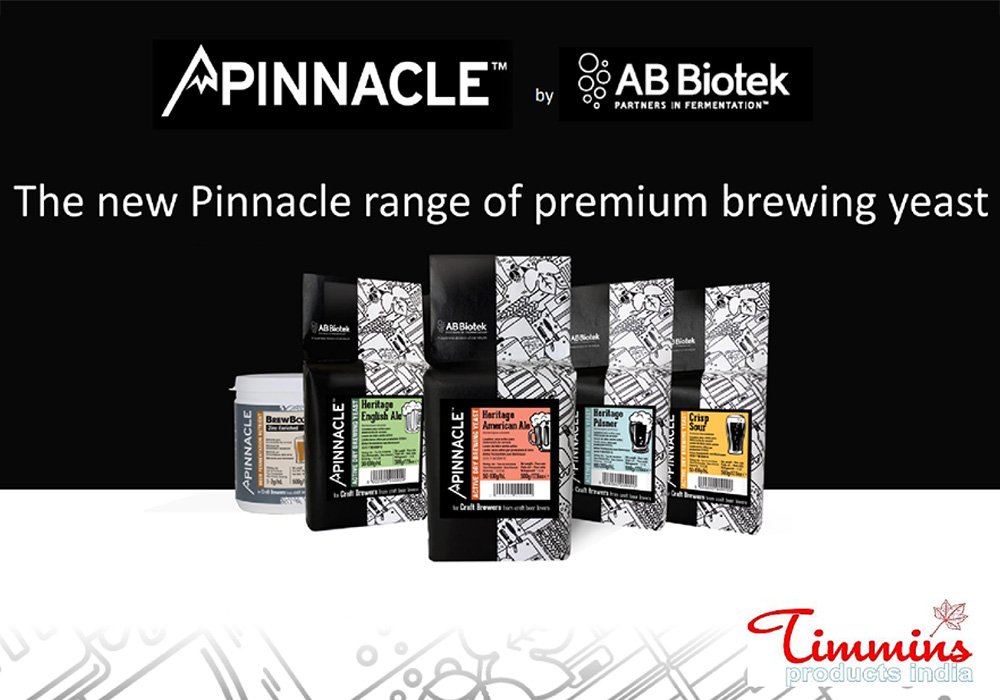
Beer-mixes, non-alcoholic beers and malt drinks give fresh impetus to the beer industry
Pure taste, authenticity and true indulgence in a glass – that is how beer fans all over the world want their beers to be. Beer remains one of the most popular alcoholic beverages and this segment is currently experiencing a worldwide trend towards flavoured beers, which in turn provides tremendous variety at beverage shops and supermarkets. In addition to traditional beers, more and more beer-mixes with fruity flavours are conquering the market. Non-alcoholic beers are also very popular among health-conscious consumers.
In addition to natural ingredients, ingredient systems and integrated solutions, Doehler offers exciting and innovative product concepts to the brewing industry that meet the changing market conditions and can be integrated into the portfolio harmoniously.
Delicious beer-mixes conquer the market
Beer-mixes are becoming increasingly popular around the world. Especially consumer groups who find traditional beers too tart, are looking for lighter and fruitier taste sensations. Familiar classics like wheat beer and pilsner are joined by fruitier beer-mix beverages. This gives breweries the opportunity to tap completely new target groups and boost sales with innovative concepts.
But beer-mixes are not really a new idea. Since the early 90s, they have been stirring up an otherwise stagnating beer market in Europe and can now look back at a considerable success story. One of the first products of this kind was a mix of lemonade and beer. The so-called “Radler” or “shandy” has not only been a summer favourite in the beer gardens for many years but is also popular year-round. This fruity and very refreshing concept combines lemonade and beer in a 50:50 ratio. In this way, the beer gets a higher share of carbonation in contrast to traditional beer; it is also diluted in terms of alcohol content and proves to be particularly tasty.
Even after many years, the success story of shandies continues. The beverage is now conquering the Indian market and perfectly satisfies the demand for less bitter and fruitier beer-based beverages - especially among younger consumer groups and women who don’t like the strong beer note of traditional beers.
However, the typical lemon taste of the most popular shandy is just the beginning. Doehler also provides a diverse range of other innovative beer-mix concepts featuring different fruit and beer combinations tailored to local taste preferences – from different flavour varieties such as lime, grapefruit, raspberry or mango, to naturally cloudy shandies to non-alcoholic, isotonic beer-mixes with vitamins and minerals to exciting varieties with cinnamon, honey or rum flavoured. Almost every mixture is possible! These concepts offer breweries the opportunity to attract completely new target groups and satisfy the taste of the consumers perfectly.
Naturally tasty: Beer-mixes with juice content
Beer is the essence of naturalness. The combination of beer with other natural ingredients is therefore more than obvious. Beer mixes with natural fruit juices are understandably one of the brewing industry’s growth drivers and they convince consumers with an extra-fruity taste. Doehler has developed a series of new beer mix drinks with a fruit juice content of 3-4%; flavours include lemon, mango or blackcurrant. But not every juice concentrate is suited for beer mixes. Mixing conventional juice concentrates with beer can cause cloudiness and sedimentation, thus creating a visual impairment to the end product. Thanks to extensive research and development, Doehler has developed a broad range of clear fruit juice concentrates designed specifically for beer mixes. These “clever” ingredients deliver consistently stable colour and end products that are free from sedimentation.
Doehler offers its customers a wide range of unique beer flavours that significantly improve the taste and beer-like character of non-alcoholic beers. With MultiSense® Mouthfeel, Doehler has also developed an innovative natural ingredients technology based on 100% barley malt with which an excellent mouthfeel can be achieved - without added sweetness. This makes the non-alcoholic beer an authentic and deliciously natural refreshment for connoisseurs.
Pure beer taste without alcohol
Non-alcoholic beers are an ideal alternative and have long since developed into a lifestyle beverage in many countries, especially with beer lovers who want to avoid alcohol but still like the typical beer taste. However, many products available on the market do not taste as flavourful and full-bodied as their counterparts containing alcohol. Doehler offers its customers a wide range of unique beer flavours that significantly improve the taste and beer-like character of non-alcoholic beers. With MultiSense® Mouthfeel, Doehler has also developed an innovative natural ingredients technology based on 100% barley malt with which an excellent mouthfeel can be achieved-without added sweetness. This makes the non-alcoholic beer an authentic and deliciously natural refreshment for connoisseurs.
Malt – a natural source of energy
Another way to enjoy the typical beer taste and still do without alcohol, is drinking malt drinks with beer flavours. Malt drinks have long been popular, primarily in the Middle East, where they are consumed especially as a sweet and non-alcoholic alternative to beer. Malt beverages have a very good image with consumers because the natural raw material provides a range of B vitamins, key minerals and trace elements. Malt thus represents a base which, in addition to its positive image as a natural source of energy, contains elements relevant to nutrition. Flavours such as mango, or mixtures featuring strawberry and lime, additionally create modern positioning opportunities. Doehler offers a wide range of malt beverages that meet the demands of particularly young target groups which are looking for new and pleasing sensory experiences. The portfolio for example includes “Beer-Type Malt Drinks” based on malt extract topped with different beers, malt and hop flavours, “Flavoured Malt Drinks” with added natural fruit flavours, “Juicy Malt Drinks” with added juice as well as “Dark Malt Drinks” which are unfermented, non-alcoholic soft drinks containing dark malt, sugar and natural flavours.
Natural ingredients, ingredient systems and integrated solutions for unique Multi-Sensory Experience’s®
In every innovative product development and product application, Doehler’s main focus is always on creating a multi-sensory product experience based on a harmonious appeal to all senses. The company offers breweries a broad portfolio of natural and application-specific ingredients ranging from natural flavours, natural colours, health ingredients, cereal ingredients, dairy and diary-free ingredients, specialty ingredients, dry ingredients, fruit & vegetable ingredients to ingredient systems.
About Doehler:
Doehler (www.doehler.com) is a global producer, marketer and provider of technology-driven natural ingredients, ingredient systems and integrated solutions for the food and beverage industry. Doehler’s integrated approach and the broad product portfolio are the optimal basis for innovative and safe food & beverage applications. The product portfolio of natural ingredients ranges from natural flavours, natural colours, health ingredients, cereal ingredients, dairy & dairy-free ingredients, speciality ingredients, dry ingredients, fruit & vegetable ingredients to ingredient systems.
Headquartered in Darmstadt, Germany, Doehler is active in over 130 countries and has 30 production sites, as well as sales offices and application centres on every continent. More than 6,000 dedicated employees provide our customers with fully integrated food & beverage solutions from concept to realisation.
“WE BRING IDEAS TO LIFE.” briefly describes Doehler’s holistic, strategic and entrepreneurial approach to innovation. This comprises market intelligence, trend monitoring, the development of innovative products and product applications, advice on food safety and microbiology, food law as well as Sensory & Consumer Science.














